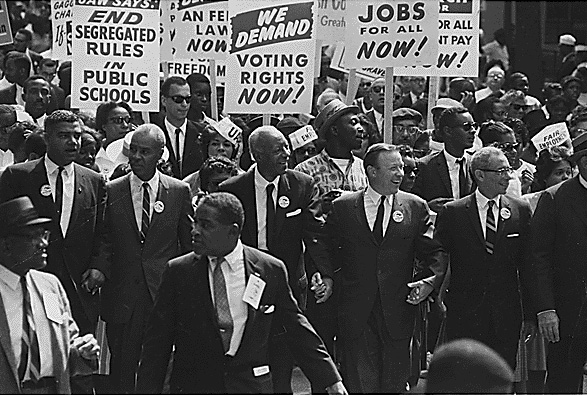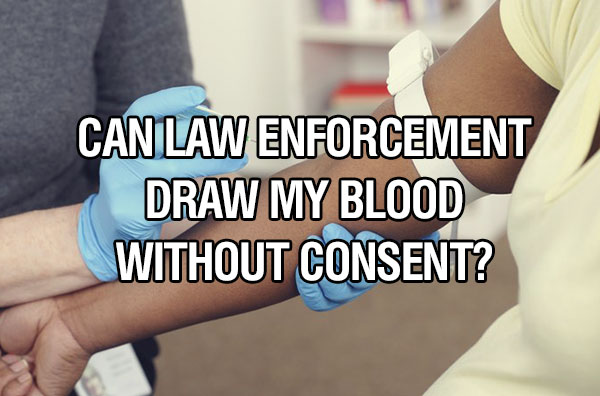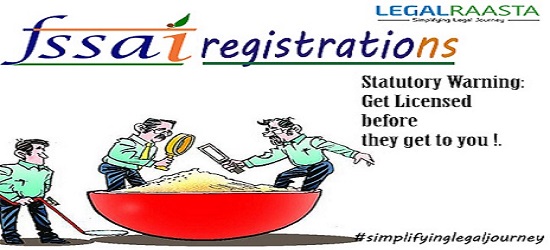Most of the laws that prohibit discrimination, and many of the legal definitions of discriminatory acts, originated at the federal level by:
- Federal laws, such as the Civil Rights Act of 1964 and the Americans with Disabilities Act of 1992. Other federal laws (supplemented by court decisions prohibit discrimination with respect to rights to voting, housing, the approval of loans, public education and access to public facilities.
- Decisions of federal courts, such as in the case of the Supreme Court of the united States Brown c/ Board of Education, which laid the groundwork for the elimination of racial segregation in public schools across the country. Other Supreme Court cases have shaped the definition of the violations of civil rights, such as sexual harassment, in addition to the legality of the remedies against discrimination, as affirmative action programs.
Currently, the majority of states with civil rights laws of their own that reflect those of the federal level. For example, in the state of Texas, chapter 21 of title 2 of the Labour Code prohibits discrimination in employment. Many of the mandates of this law in Texas is based on title VII of the Civil Rights Act of 1964, the federal law that prescribes as unlawful employment discrimination.
Municipalities within states (such as cities, counties and towns) can create their own laws or ordinances of civil rights, which may or may not be similar to the laws of the state itself. For example, a city can pass a law requiring benefits for domestic partners to city employees and their same-sex partners without there being a law of these characteristics at the state level.
How can I Get the Help of a Lawyer?
If you believe you have been the victim of a violation of civil rights, the first step is to talk with a lawyer who specializes in civil rights. Important decisions related to your case can be complicated: you must know what laws apply in your situation and who may be at fault for the damages you suffered. A lawyer who specializes in civil rights will evaluate all aspects of your case and explain the options you have at your disposal to ensure the best possible outcome.
Watch video The Voting Rights Act of 1965 Explained
An overview of the landmark legislation passed giving the Federal Government enforcement power over the states in relationship to the 15th Amendment. Including Shelby County vs Holder which effectively kills much it.










